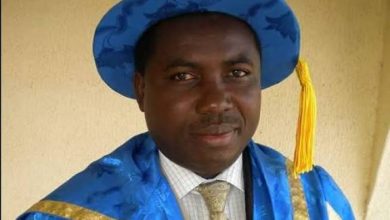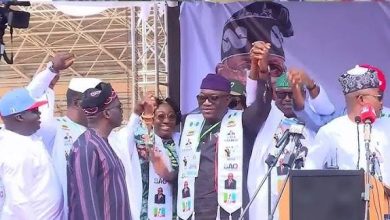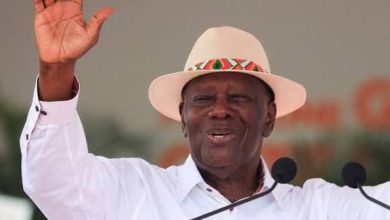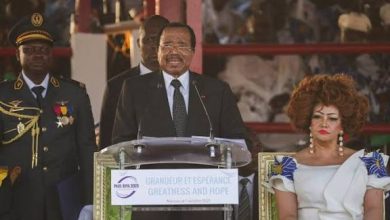Oborevwori urges legislative support for local manufacturing, skills development
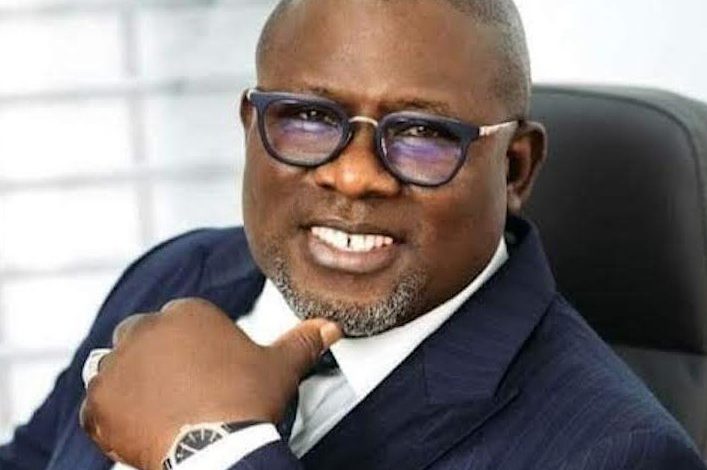
Gôvernor Sheriff Oborevwori of Delta, has urged the National Assembly to enact legislation that would strengthen local manufacturing incentives, enhance infrastructure funding, and promote skills development across the country.
Governor Oborevwori said such measures would align with the Executive’s commitment to policy consistency, ease of doing business, and the protection of indigenous industries.
Oborevwori made the call on Monday in Asaba while declaring open a four-day retreat organised for members and staff of the House of Representatives Committee on Industry.
The retreat, themed “Building a Globally Competitive Automotive Sector in Nigeria through Effective Executive–Legislative Partnership,” brought together key stakeholders from government and the private sector.
Represented by his Chief of Staff, Prince Johnson Erijo, Oborevwori stressed the urgent need for Nigeria to build a sustainable and competitive automotive industry capable of empowering the youths, conserving foreign exchange, and promoting national pride.
“Nigeria can and must develop a robust automotive industry that can not only provides jobs but also drives innovation and economic growth,” Oborevwori said.
He emphasised that sub-national governments must complement the Federal Government’s efforts by creating investor-friendly environments through land reforms, simplified approval processes, and fostering social cohesion.
Speaking on his administration’s developmental blueprint, the MORE Agenda, Oborevwori noted that Delta was already creating an enabling environment for industrial growth through massive infrastructure renewal.
He added that the state was also engaging public-private partnerships, decentralised power distribution, and enhanced peace and security.
The governor highlighted the State’s demographic and natural advantages, describing Delta as an emerging industrial hub.
“Delta State boasts of a vibrant and educated youth population ready to support industries that create jobs and promote technology transfer.
”The state is not only rich in oil and gas but also blessed with kaolin, silica, industrial clay, and other minerals vital to manufacturing,” he said.
Oborevwori also cited the state’s strategic coastal position and four seaports as logistical assets for component fabrication and export-oriented production.
He added that Delta’s central location linking the South-South, South-East, and South-West regions positions it as a natural gateway for commerce and industry.
The Governor noted that globally, the automotive industry remained a major employer of labour and a driver of economic growth, innovation, and sustainable development.
He described the sector’s multiplier effect as significant, influencing related industries such as petroleum refining, steel production, glass manufacturing, finance, ICT, advertising, and mobility services.
Oborevwori commended the House Committee on Industry and the National Automotive Design and Development Council (NADDC) for organising the retreat.
He said the retreat was timely, coming at a period when Nigeria is striving to diversify its economy and revive local manufacturing capacity through stronger collaboration between policymakers and regulators.
In his remarks, the Chairman of the House of Representatives Committee on Industry, Rep
Enitan Badru, underscored the need for effective Executive- Legislative collaboration to build a globally competitive automotive sector.
Badru lamented the financial challenges confronting the industry, particularly high interest rates on credit facilities, which he said discourage investment and hinder vehicle purchases.
“We want a situation where loans can be accessed at single-digit interest rates for investment in the automotive sector,” he said.
He urged the Central Bank of Nigeria and other financial institutions to adopt measures that would make the sector globally competitive.
Also speaking, the Director General of the NADDC, Mr Oluwemimo Osanipin, urged the National Assembly to enact laws that would attract investments into the automotive industry.
He described the sector as crucial to Nigeria’s economic transformation, emphasizing that all stakeholders must understand and effectively discharge their roles.
In a joint interview, Dr John Mutu, Director General of the Africa Parliamentary Resource Centre, and Dr Usman Ibrahim, Clerk of the Committee, said the retreat provided a platform for participants to deepen their understanding of the NADDC’s operations.
They added that discussions at the retreat would also help define the Committee’s roadmap for the next two years, focusing on strengthening institutional capacity and fostering sustainable industrial development across the country.
NAN
